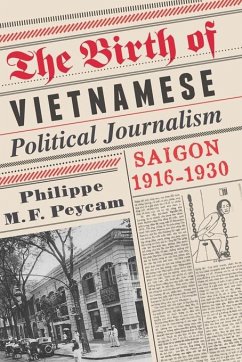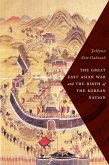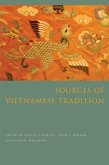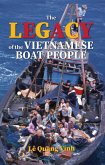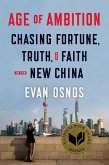Philippe M. F. Peycam completes the first ever English-language study of Vietnam's emerging political press and its resistance to colonialism. Published in the decade that preceded the Communist Party's founding, this journalistic phenomenon established a space for public, political contestation that fundamentally changed Vietnamese attitudes and the outlook of Southeast Asia.
Peycam directly links Saigon's colonial urbanization to the creation of new modes of individual and collective political agency. To better justify their presence, French colonialists implemented a peculiar brand of republican imperialism to encourage the development of a highly controlled print capitalism. Yet the Vietnamese made clever use of this new form of political expression, subverting colonial discourse and putting French rulers on the defensive, while simultaneously stoking Vietnamese aspirations for autonomy. Peycam specifically considers the work of Western-educated Vietnamese journalists who, in their legal writings, called attention to the politics of French rule.
Peycam rejects the notion that Communist and nationalist ideologies changed the minds of "alienated" Vietnamese during this period. Rather, he credits colonial urban modernity with shaping the Vietnamese activist-journalist and the role of the French, even at their most coercive, along with the modern public Vietnamese intellectual and his responsibility toward the group. Countering common research on anticolonial nationalism and its assumptions of ethno-cultural homogeneity, Peycam follows the merging of French republican and anarchist traditions with neo-Confucian Vietnamese behavior, giving rise to modern Vietnamese public activism, its autonomy, and its contradictory aspirations. Interweaving biography with archival newspaper and French police sources, he writes from within these journalists' changing political consciousness and their shifting perception of social roles.
Peycam directly links Saigon's colonial urbanization to the creation of new modes of individual and collective political agency. To better justify their presence, French colonialists implemented a peculiar brand of republican imperialism to encourage the development of a highly controlled print capitalism. Yet the Vietnamese made clever use of this new form of political expression, subverting colonial discourse and putting French rulers on the defensive, while simultaneously stoking Vietnamese aspirations for autonomy. Peycam specifically considers the work of Western-educated Vietnamese journalists who, in their legal writings, called attention to the politics of French rule.
Peycam rejects the notion that Communist and nationalist ideologies changed the minds of "alienated" Vietnamese during this period. Rather, he credits colonial urban modernity with shaping the Vietnamese activist-journalist and the role of the French, even at their most coercive, along with the modern public Vietnamese intellectual and his responsibility toward the group. Countering common research on anticolonial nationalism and its assumptions of ethno-cultural homogeneity, Peycam follows the merging of French republican and anarchist traditions with neo-Confucian Vietnamese behavior, giving rise to modern Vietnamese public activism, its autonomy, and its contradictory aspirations. Interweaving biography with archival newspaper and French police sources, he writes from within these journalists' changing political consciousness and their shifting perception of social roles.
Dieser Download kann aus rechtlichen Gründen nur mit Rechnungsadresse in A, D ausgeliefert werden.

